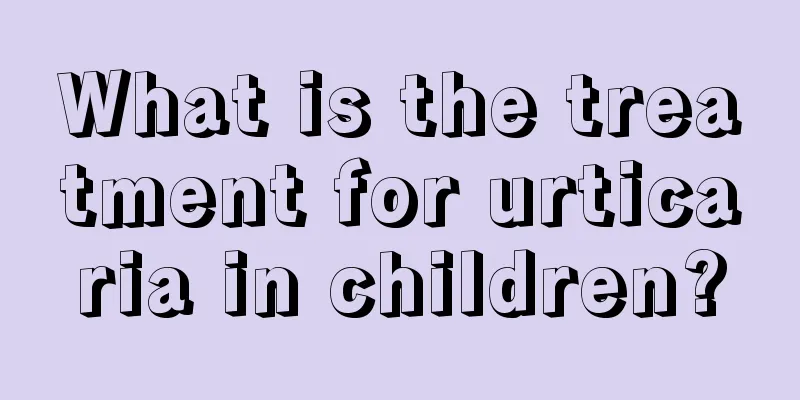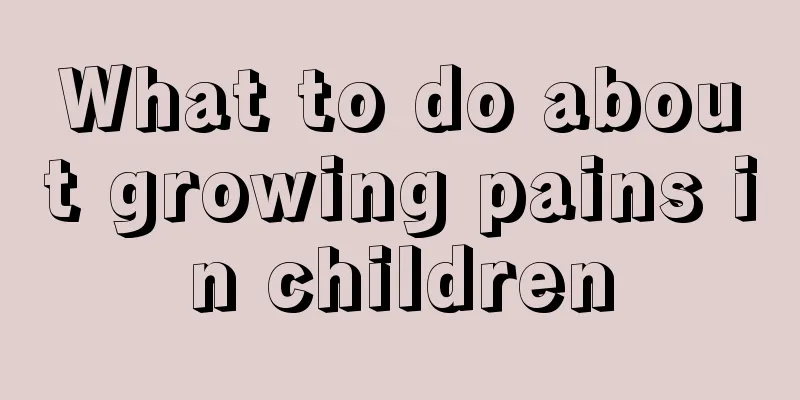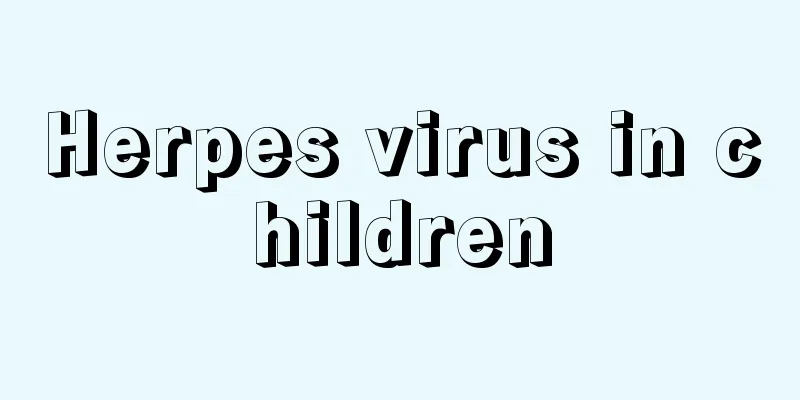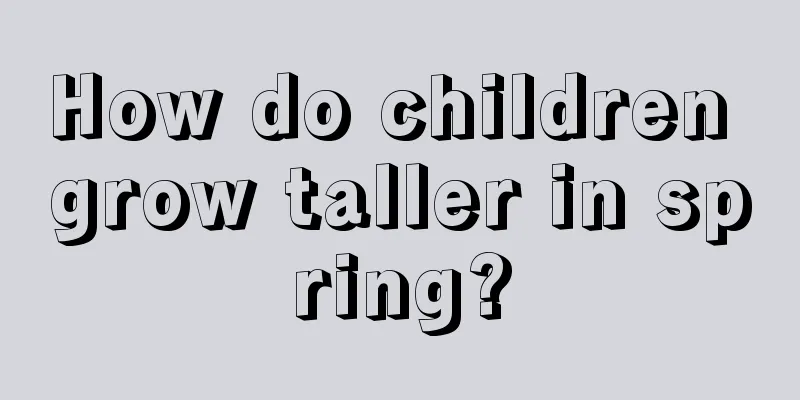What is the treatment for urticaria in children?

|
There is another term for urticaria among the people, namely wheal. In fact, there are many factors that induce this disease. Not only is it a problem with the skin itself, but even food may cause this disease, especially for children who eat a variety of foods every day. When rubella occurs, there will be severe itching, and the child may also suffer from diarrhea, vomiting, etc. So, how should children be treated after they have urticaria? Symptoms of urticaria 1. Skin itching often occurs first, followed by the appearance of wheals, which are bright red or pale, skin-colored. A small number of patients have edematous erythema. The size and shape of the wheals vary, and the onset time is uncertain. The wheals gradually spread and merge into sheets. Due to edema of the dermal papillae, the openings of the epidermal hair follicles can be seen sunken downward. The wheal lasts from several minutes to several hours, and in some cases it can last for several days before disappearing without leaving any trace. The rash occurs repeatedly in batches, mostly in the evening. Wheals are often generalized but may also be localized. Sometimes it is accompanied by angioedema, and occasionally bullae form on the surface of the wheal. 2. Some patients may experience nausea, vomiting, headache, head swelling, abdominal pain, and diarrhea. Severe patients may also have systemic symptoms such as chest tightness, discomfort, pale complexion, accelerated heart rate, weak pulse, decreased blood pressure, and shortness of breath. 3. Disease that is cured in a short period of time is called acute urticaria. If the urticaria recurs at least twice a week for more than 6 weeks, it is called chronic urticaria. In addition to the common urticaria mentioned above, there are also the following special types of urticaria. Treatment of urticaria 1. Eliminate the cause: For every patient, efforts should be made to find the cause of the attack and avoid it. If the cause is infection, the infected lesions should be treated actively. If the allergy is caused by drugs, the allergy medication should be stopped; if the allergy is caused by food, find out the allergic food and stop eating this food. 2. Avoid inducing factors: For example, for cold urticaria, you should keep warm; for acetylcholine urticaria, you should reduce exercise, sweating and mood swings; for contact urticaria, you should reduce the chance of contact, etc. 3. Drug treatment: When patients have severe symptoms of urticaria, they should seek medical attention in time and use medication under the guidance of a doctor. Remember not to use medication blindly. |
<<: What are the adverse reactions to measles-rubella vaccine?
>>: What causes rubella in children?
Recommend
How to treat rubella in babies
When a baby gets rubella, of course, we should pa...
What are some appetizer recipes for 2-year-old babies?
Nowadays, material living conditions are getting ...
What should I do if my baby has a wind-heat cold?
Colds are very common in the summer, and wind-hea...
Height standard for two years and eight months old baby
The height standard for babies aged two years and...
Why does a child have a headache when running?
Running, as a healthy form of exercise, is accept...
The hazards of mycoplasma infection in children are actually these 4
It is well known that mycoplasma infection in chi...
Is the Cassia Seed pillow good for babies?
In the market, we often see some Chinese medicine...
What should I do if my four-year-old child has a fever of 38 degrees?
Children will always develop one disease or anoth...
What is Sudden Infant Death Syndrome?
Nowadays, every child is the treasure of the fami...
What to do if your baby's tear glands are blocked
If a baby's tear ducts are blocked, it mostly...
What should I do if my newborn baby has blisters on his hands?
Some mothers find that blisters sometimes appear ...
The 5 places on the baby's body that are most afraid of cold
Babies have relatively weak ability to regulate b...
What to do if your child's nose is always blocked
More and more people are suffering from rhinitis,...
What should I do if my baby’s urinary area is itchy?
Urinating is a natural physiological reaction of ...
What to do with children's lymphadenopathy
Pediatric lymphotubercosis is a primary infection...









